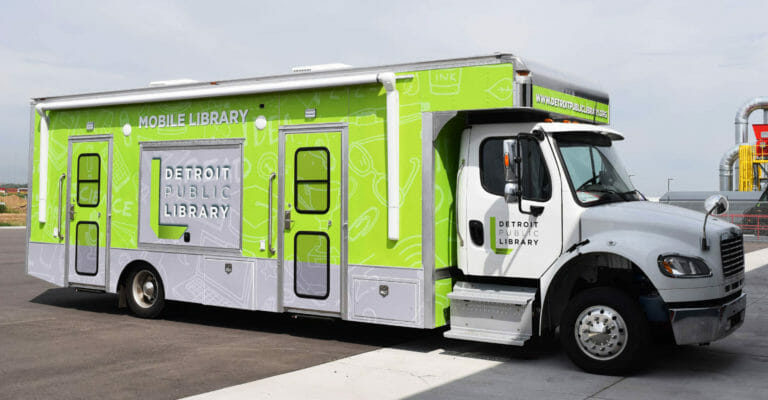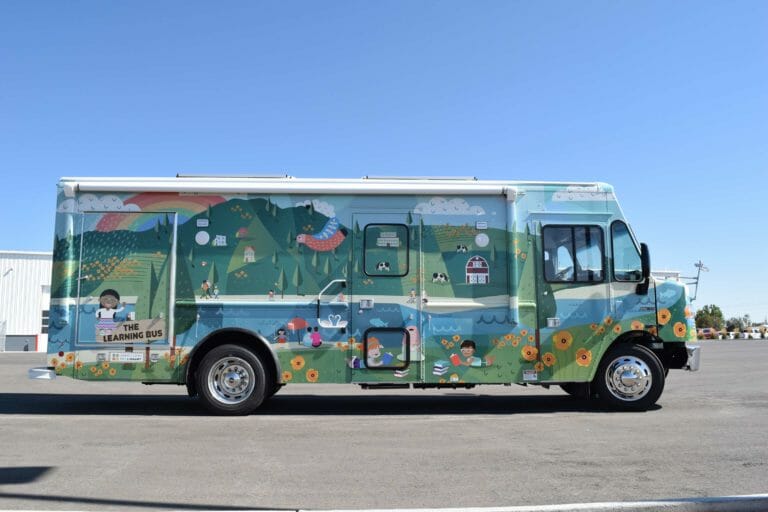Alternative Fuel
What Businesses Benefit from Alternative Fuel
August 16, 2021

Alternative fuel specialty vehicles utilize fuels other than gasoline and diesel to help lower vehicle emissions and reduce fleet operational costs. With an increasing number of alternative fuel vehicles hitting the streets, many businesses are interested in potentially upgrading one or more of their fleet to a vehicle that uses alternative fuel.
So what businesses could actually benefit from upgrading to an alternative fuel vehicle? The reality is that almost any business could potentially benefit from making the switch. Today, we’ll take a look at a few of the sectors and industries that are leading the way in taking advantage of alternative fuel vehicles for their fleets, showcasing how your business might also benefit from this vehicle upgrade.
City and County Fleets
One of the primary users of alternative fuel vehicles is the government. Many city and county fleets are designed to run almost wholly on alternative fuels. Both natural gas and electricity are extremely popular choices for these fleets.
Common applications for city and county fleets include the following:
- Public bus system: Across the nation, many cities are switching their public buses to run off of an alternative fuel. Not only does this reduce a city’s dependency on petroleum, but it leads to lowered emissions, creating a cleaner city with improved air quality.
- Parks and recreation departments: In many cases, a city will upgrade its parks and rec fleet to include alternative fuel vehicles. This makes it easy for city employees to fuel up with electricity or natural gas at a city-run station.
- Outreach vehicles: Another popular choice for counties and cities is the addition of an alternative fuel outreach vehicle. These vehicles can operate with lowered costs and emissions, while reaching residents throughout the community.
- School districts: Many schools are looking to swap out older diesel buses with alternative fuel options. This helps cut down on emissions and creates cleaner air as children are transported to and from school.
See It in Action!
The Marin County Learning Bus is the perfect example of a county focused on utilizing environmentally friendly power systems for its county fleet. Marin County has a commitment to sustainability, which has led to the replacement of inefficient gas-powered vehicles in their fleet with eco-friendly alternatives.
The Learning Bus is now used as a free drop-in mobile preschool program offered by the Marin County Free Library. With this low emissions bus, they are able to deliver bilingual activities to support early childhood development across their community.
Child Care Facilities
Child care facilities are another business vertical that is leading the way in making a switch to alternative fuel options. Not only does it help to cut down on operational costs when these vehicles are in motion, but it opens up the possibility to expand services.
For example, rather than just using a standard vehicle for transporting kids to and from childcare, many facilities are now looking to design mobile care centers.
See It in Action!
A great example of a child care facility that adopted an alternative fuel vehicle for its fleet is the Vail Valley Mobile Preschool. It has been customized to provide everything the team needs to offer preschool on the go.
Amenities include an indoor bathroom, learning spaces, play areas, and multiple entrances and exits.
Upfit on a Winnebago Commercial Shell, this electric vehicle allows the preschool to operate from anywhere while keeping emissions low — a win for the entire Vail community where the mountain’s quality air is a point of pride.
Healthcare
Mobile medical vehicles are used in the health sector for numerous activities. From offering testing services to reaching underserved populations with preventative care, these mobile clinics are the backbone of the medical community.
Many businesses in the health sector are embracing alternative fuel vehicles for their fleets. These vehicles are often designed with on-board power systems that can operate independently of when the vehicle is in operation. This allows the medical teams to operate equipment when parked at a location, cutting down on the need for running loud gas or diesel-powered generators.
See It in Action!
Recently, the team at UCLA Health invested in an alternative fuel vehicle to operate as their mobile surgical instruments servicing unit. This zero-emission unit was built from an all-electric Winnebago shell, and can travel between UCLA Health campuses to collect, repair, and sterilize surgical suite instruments. The battery onboard allows the team to operate for 8 hours including travel to and from its home base.
UCLA estimates this zero-emission vehicle will save them around $750,000 per year when compared to the costs of using a third party to service their surgical instruments.
Talk to Summit Bodyworks About Upgrading Your Fleet
Realistically, there are countless business types that can benefit from the use of an alternative fuel vehicle. The above are just a few examples of industries that are paving the way when it comes to making the switch to zero-emission fleet vehicles. Often, the perfect time to upgrade to an alternative fuel vehicle is when you are phasing out an older vehicle. This can give you the ideal chance to give an alternative fuel vehicle a try.
If you are considering upgrading your fleet to include one or more alternative fuel vehicles, talk to our team at Summit Bodyworks about making the switch. We specialize in custom alternative fuel specialty vehicles. From learning centers to mobile medical units, our team has experience working with businesses across numerous sectors in the design of an alternative fuel vehicle. We can ensure that your power needs are met while reducing emissions and fuel costs.


